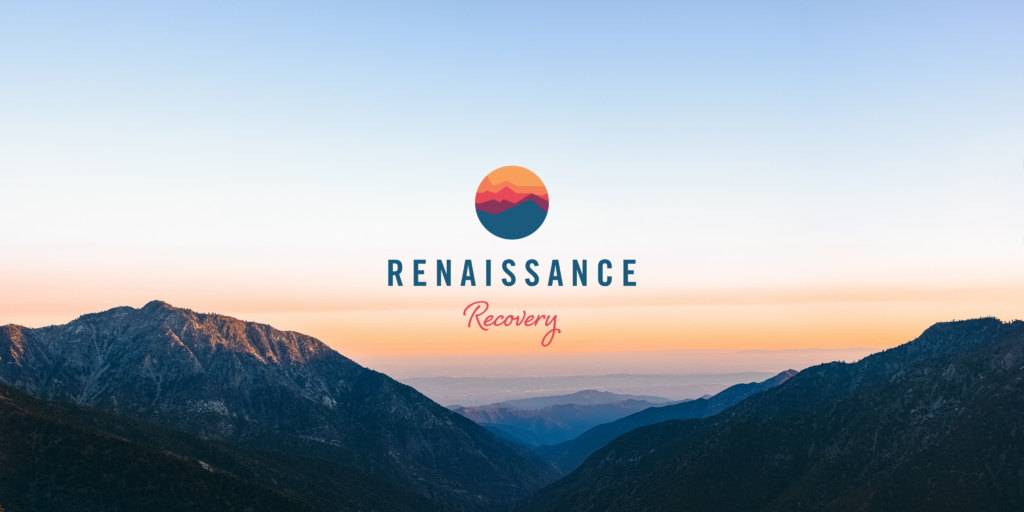If you’re looking to quit drinking at a California alcohol rehab, learning how to stop alcohol cravings could mean the difference between successful detox and relapse.
Alcohol cravings can occur at any time of the day or night. When cravings first manifest, the overwhelming desire for alcohol can seem too strong to resist.
Need help getting addiction treatment?
Fortunately, alcohol cravings are not only predictable, but they are also fleeting. This means if you can spot cravings forming, you can then utilize various distraction techniques and lifestyle practices to help you beat these cravings.
How do you stop alcohol cravings, though?
Well, by identifying your triggers for alcohol abuse, maintaining a busy schedule, using distraction techniques, being mindful, and learning how to break habit loops can all help you to fight back in the face of an intense longing for alcohol.
Beyond this, understanding why cravings happen can also give you a sharper insight into maintaining your recovery rather than relapsing.
How do you stop alcohol cravings, then?
How to Stop Craving Alcohol
You can cut alcohol cravings by following this simple framework:
1. Keep a busy schedule
2. Distract yourself with another activity when you crave alcohol
3. Be mindful – focus on the present
4. Consider connecting with a therapist
1) Keep a busy schedule
If you have lots of downtime in your schedule when recovering from alcohol use disorder, you may encounter cravings, particularly if you have been relying on alcohol to relieve boredom.
By keeping yourself busy and engaging with a variety of fulfilling activities, you’ll give cravings fewer opportunities to strike. Whether you spend time with friends and family, reconnect with an old hobby, or learn some new skills, you’ll start giving your brain a gentle reminder that you can feel reward and pleasure without alcohol in the equation.
2) Distract yourself with another activity when you crave alcohol
The fleeting nature of alcohol cravings means these urges often disappear in minutes. If you feel compelled to drink, immediately shift your attention to another activity.
Here are some examples of distraction techniques:
- Make a cup of coffee
- Take a shower
- Walking
- Running
- Hiking
- Weightlifting
- Gym
- Reading
- Fishing
- Writing
- Yoga
- Playing a musical instrument
- Watching a movie
- Calling a sober friend
These are just a few options you have that might distract you from alcohol cravings for long enough that they pass, while also helping you to relieve stress and boredom at the same time.
3) Be mindful – focus on the present
If you find tense or stressful situations tend to trigger cravings for alcohol, practicing mindfulness can help you remain anchored to the present moment until the cravings pass.
Some examples include:
- Relaxation techniques
- Breathing exercises
- Stretching
- Yoga
- Grounding techniques
- Switching up your environment
4) Consider connecting with a therapist
If you are still struggling to keep alcohol cravings at bay, you could connect with a therapist if you are not still in active recovery.
A mental health therapist – especially those with experience in substance use and recovery – can help you in the following ways:
- Imparting alternative stress management techniques
- Exploring the needs you fulfilled by drinking
- Identifying underlying mental health symptoms
- Pinpointing any sleep conditions
- Teaching you mindfulness techniques
- Helping you to reframe negative thoughts

Best Way to Stop Alcohol Cravings
Learning how to avoid alcohol cravings is simplified if you understand why cravings for alcohol manifest.
Cravings occur in response to internal or external triggers. Most people who experience alcohol cravings encounter a mixture of both types of triggers.
Internal triggers usually involve emotions, thoughts, memories, or physical sensations promoting a powerful urge to drink. Examples include:
- Stress
- Anxiety
- Sadness
- Anger
- Irritation
- Discomfort
- Physical pain
External triggers are environmental cues you associate with alcohol. These triggers are usually people, places, occasions, and situations.
External triggers refer to the environmental cues you link to alcohol, including places, times, people, and situations. Examples include:
- Attending a wedding or party
- The end of the working day
- Visiting a bar or restaurant where you normally drink
- Arguing with your partner
The more you understand your triggers, the more you can avoid or minimize your exposure to these triggers. Even if you cannot eliminate alcohol cravings, you can better anticipate them rather than being blindsided by a compelling urge to drink.
How Long Does It Take to Stop Craving Alcohol?
As you can see, if alcohol cravings strike, they will be short-lived even if they are intense.
Holding on for five minutes while reminding yourself the craving will soon pass can sometimes help if the above strategies have not suppressed your urge to drink.
You may also consider implementing some longer-term strategies to combat cravings naturally.
How to Stop Craving Alcohol Naturally?
While medications can help address the physical aspect of cravings, they are not effective at treating the environmental triggers that can cause cravings to present.
A variety of behavioral interventions can help to naturally reduce the frequency and intensity of cravings. Through these interventions, you will learn how to confidently recognize triggers and also learn how to change the feelings you associate with those triggers.
Some of the most common behavioral interventions include:
- Psychoeducation: A therapist will help you to understand that cravings are a normal occurrence throughout recovery, suggesting that the treatment plan needs tweaking rather than representing a failure.
- Psychotherapy: Through sessions of CBT (cognitive behavioral therapy) or DBT (dialectical behavior therapy), you’ll learn to better understand and pinpoint the triggers that typically lead you to crave alcohol.
- Personalized coping strategies: If you crave alcohol and start thinking about the benefits you feel drinking would deliver, shift your thoughts to the laundry list of negative outcomes relapse would generate.
- Mindfulness meditation: This behavioral intervention helps you to focus sharply on the present, acknowledging your thoughts in the moment – thoughts of drinking, for instance – but dismissing those thoughts rather than acting on them in opposition to your recovery goals.
All of the above behavioral interventions are available in formal addiction treatment centers.
Maintaining a healthy lifestyle will help keep cravings at bay naturally. Eat a balanced diet, exercise regularly, stay hydrated, and get the right quality and quantity of sleep.
Ultimately, the most effective way of staying strong in the face of alcohol cravings is to engage with addiction treatment, and you don’t necessarily need to go to inpatient rehab to achieve that.

Alcoholism Treatment at Renaissance Recovery
Here at Renaissance Recovery Center, we specialize in the outpatient treatment of alcohol use disorder, giving you the support and structure you need to kickstart your recovery without the cost of residential rehab.
For anyone who needs more time commitment than a regular outpatient program provides, we also offer intensive outpatient programs (IOPs) and partial hospitalization programs (PHPs).
All our evidence-based programs give you access to MAT (medication-assisted treatment). Medication can help you to control cravings, and there are three FDA-approved medications for the treatment of alcohol use disorder.
MAT is most effective when delivered in combination with psychotherapies like CBT or DBT. We provide both of these therapies here at Renaissance, enabling you to identify what triggers you to crave alcohol and also how to avoid succumbing to those cravings.
If this seems like the right way for you to start pursuing a sober life, reach out to Renaissance’s alcohol rehab in California today at 866.330.9449.



